Let’s look at the grammar point for the continuative form of verbs and adjectives. Master this for natural speech!
Verb conjugation (dictionary form to て-form)
| Group 1 (U-verb) | 〇〇う➡︎〇〇って | 〇〇つ➡︎〇〇って | 〇〇る➡︎〇〇って |
| 言う(いう) iu ⬇︎ 言って(いって) itte | 待つ(まつ) matsu ⬇︎ 待って(まって) matte | 作る(つくる) tsukuru ⬇︎ 作って(つくって) tsukutte | |
| 〇〇ぬ➡︎〇〇んで | 〇〇ぶ➡︎〇〇んで | 〇〇む➡︎〇〇んで | |
| 死ぬ(しぬ) shunu ⬇︎ 死んで(しんで) shunde | 学ぶ(まなぶ) manabu ⬇︎ 学んで(まなんで) manande | 飲む(のむ) nomu ⬇︎ 飲んで(のんで) nonde | |
| 〇〇く➡︎〇〇いて | 〇〇ぐ➡︎〇〇いで | 〇〇す➡︎〇〇して | |
| 書く(かく) kaku ⬇︎ 書いて(かいて) kaite ※EXEPTION 行く iku ⬇︎ 行って itte | 急ぐ(いそぐ) isogu ⬇︎ 急いで(いそいで) isoide | 話す(はなす) hanasu ⬇︎ 話して(はなして) hanashite |
| Group 2 (RU-verb) | 〇〇る➡︎〇〇て |
| 見る(みる) miru ⬇︎ 見て(みて) mite | 食べる(たべる) taberu ⬇︎ 食べて(たべて) tabete |
| Group 3 (Irregular) | 来る&する |
| 来る(くる) kuru ⬇︎ 来て(きて) kite | する suru ⬇︎ して shite |
Adjective conjugation (い and な adjectives in て-form)
| い-adjective | 〇〇い➡︎〇〇くて |
| 高い(たかい) takai ⬇︎ 高くて(たかくて) takakute 美味しい(おいしい) oishii ⬇︎ 美味しくて(おいしくて) oishikute | 優しい(やさしい) yasashii ⬇︎ 優しくて(やさしくて) yasashikute 良い(いい/よい) ii/yoi ⬇︎ 良くて(よくて)*Not “いくて” yokute |
| な-adjective | 〇〇な➡︎〇〇で |
| 静かな(しずかな) shizuka na ⬇︎ 静かで(しずかで) shizuka de 綺麗な(きれいな) kirei na ⬇︎ 綺麗で(きれいで) kirei de | 快適な(かいてきな) kaiteki na ⬇︎ 快適で(かいてきで) kaiteki de 便利な(べんりな) benri na ⬇︎ 便利で(べんりで) benri de |
“And”
初めての日本旅行は、たくさん食べて飲んで、とても楽しかったです。
/hajimete no nihon ryokoo wa, takusan tabete nonde, totemo tanoshikatta desu./
My first trip to Japan was so much fun as I ate and drank a lot.
友達の結婚式で、朝まで歌って踊りました!
/tomodachi no kekkonshiki de, asa made utatte odorimashita!/
I sang and danced until morning at my friend’s wedding!
この展覧会は、目で見て耳で聴いて楽しんでください。
/kono tenrankai wa, me de mite mimi de kiite tanoshinde kudasai./
Please enjoy this exhibition with your eye for watching and ear for listening.
“Since” “after”
頭が痛かったけど、薬を飲んで30分で効いてきました。
/atama ga itakatta kedo, kusuri o nonde sanjuppun de kiite kimashita./
I had a headache but I took medicine and it started working after 30 minutes.
日本語を勉強し始めてどのくらいですか?
/nihongo o benkyoo shi hajimete donokurai desu ka?/
How long has it been since you started studying Japanese?
コンビニでお昼を買って会社に行きました。
/konbini de ohiru o katte kaisha ni ikimashita./
I bought lunch at a convenience store and then went to the office.
“Because”
友達とハイキングに行こうと話していたけど、突然雨が降ってきて行けませんでした。
/tomodachi to haikingu ni ikoo to hanashite ita kedo, totsuzen ame ga futte kite ikemasen deshita./
I was talking with my friend to go for a hike but it started raining suddenly so we couldn’t.
最近仕事が忙しくて寝不足です。
/saikin shigoto ga isogashikute nebusoku desu./
I have a lack of sleep because I’m so busy at work lately.
一緒に旅行できて嬉しかったです。
/issho ni ryokoo dekite ureshikatta desu./
I was happy to go on a trip with you.
You can also use から (more subjective) or ので (more objective) instead of using the て-form to indicate the reason for the result. When using から or ので, the part stating a reason is more emphasised, while the て form functions more like a conjunction.
For example:
突然雨が降ってきたから(or ので)ハイキングに行けませんでした。
仕事が忙しいから(or ので)寝不足です。
一緒に旅行できたから(or ので)嬉しかったです。
“And” “also” “additionally”
あのレストランはどの料理もとても美味しくて、値段はリーズナブルです。
/ano resutoran wa dono ryoori mo totemo oishikute, nedan wa riizunaburu desu./
Every dish is tasty and the prices are inexpensive at that restaurant.
私の夫は優しくて強い人です。
/watashi no otto wa yasashikute tsuyoi hito desu./
My husband is not only kind but also tough.
このかばんは柔らかくて丈夫です。
/kono kaban wa yawarakakute joobu desu./
This bag is soft and durable.



コメント